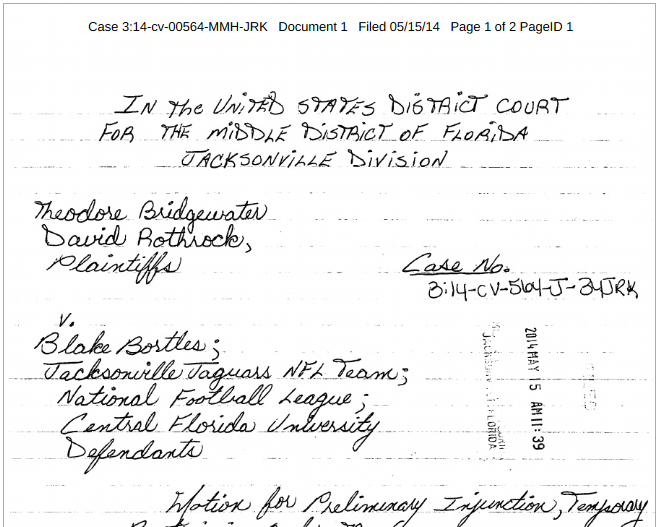Rob McGonigal looks at the history of the railways in the area of Frankford Junction, where Amtrak train 188 came to grief in May:
In the aftermath of the tragic May 12 derailment due to excessive speed of Amtrak train 188 in Philadelphia, many casual observers wondered what a 50-mph curve is doing in the middle of the fastest, busiest rail corridor in the nation. It’s a reasonable question, especially given the generally tangent track and flat topography in the area.
The existence of that curve traces back to the earliest years of railroads in Philadelphia. As in many cities, Philadelphia’s rail network developed in piecemeal, uncoordinated fashion. What became Amtrak 188’s route through the city began in the 1830s as three separate projects.
The Philadelphia, Wilmington & Baltimore ran generally southwestward from a terminal about a mile south of downtown (“center city” to Philadelphians). The Philadelphia & Columbia, part of the Main Line of Public Works rail/canal system to Pittsburgh, utilized a terminal in center city. The Philadelphia & Trenton, which connected with services to New York, originated in Kensington — an inconvenient 2½ miles northeast of center city. As Albert Churella relates in the first volume of his mammoth history of the PRR (University of Pennsylvania Press, 2013), municipal authorities in 1840 granted the P&T permission to extend its line into center city, where it would connect with other railroads. However, fierce opposition from teamsters, who profited from hauling freight between the rail terminals, and area residents, who did not want steam trains in their streets, prompted the city to revoke permission, and the P&T was not extended.
Two decades later, it was clear that the three lines should be connected. In 1864 the Junction Railroad was opened, linking the PW&B with the P&C’s successor on the line to the west — the Pennsylvania Railroad. (Indeed, the PRR had interests in all three of the lines by this time.) Three years later the Connecting Railway opened. It diverged from the P&C/PRR line at a place designated Mantua Junction (and later, in expanded form, Zoo interlocking), arced around the northern part of the city, and connected with the P&T in the Frankford section of Philadelphia. As with the connection at Mantua Junction, the geometry of the lines at Frankford Junction resulted in a sharp curve.




